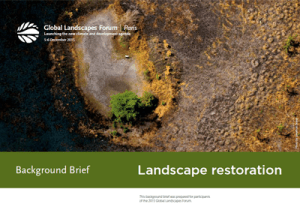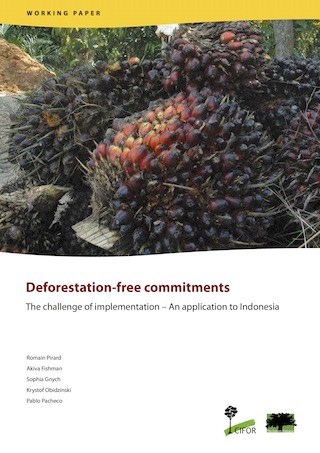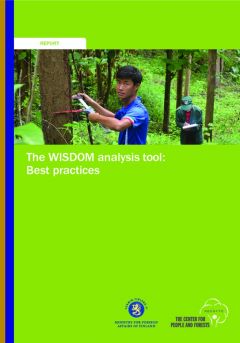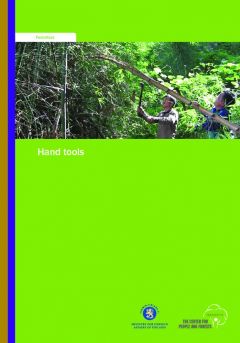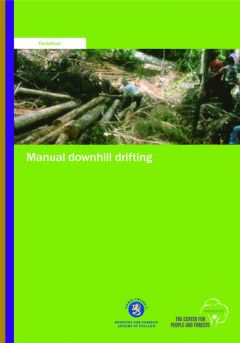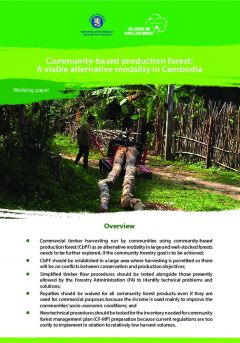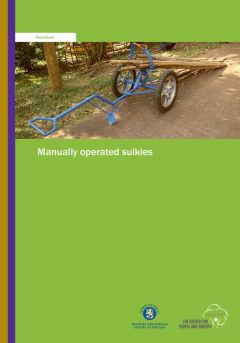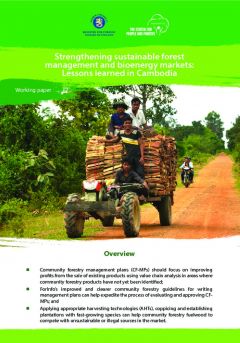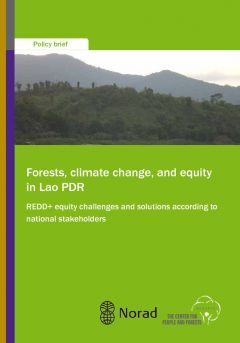Background Brief – Landscape restoration
Increasing demand for food, fiber and raw materials is putting more and more pressure on (often) fragile landscapes. Today, about one-fifth of all cultivated land suffers from some form of degradation, such as salinization, deforestation, erosion, excessive fertilizer use, waterlogging and poor nutrient availability (ELD Initiative 2015). Degradation often goes hand in hand with the worst poverty, affecting the lives, health and livelihoods of hundreds of millions of people.

